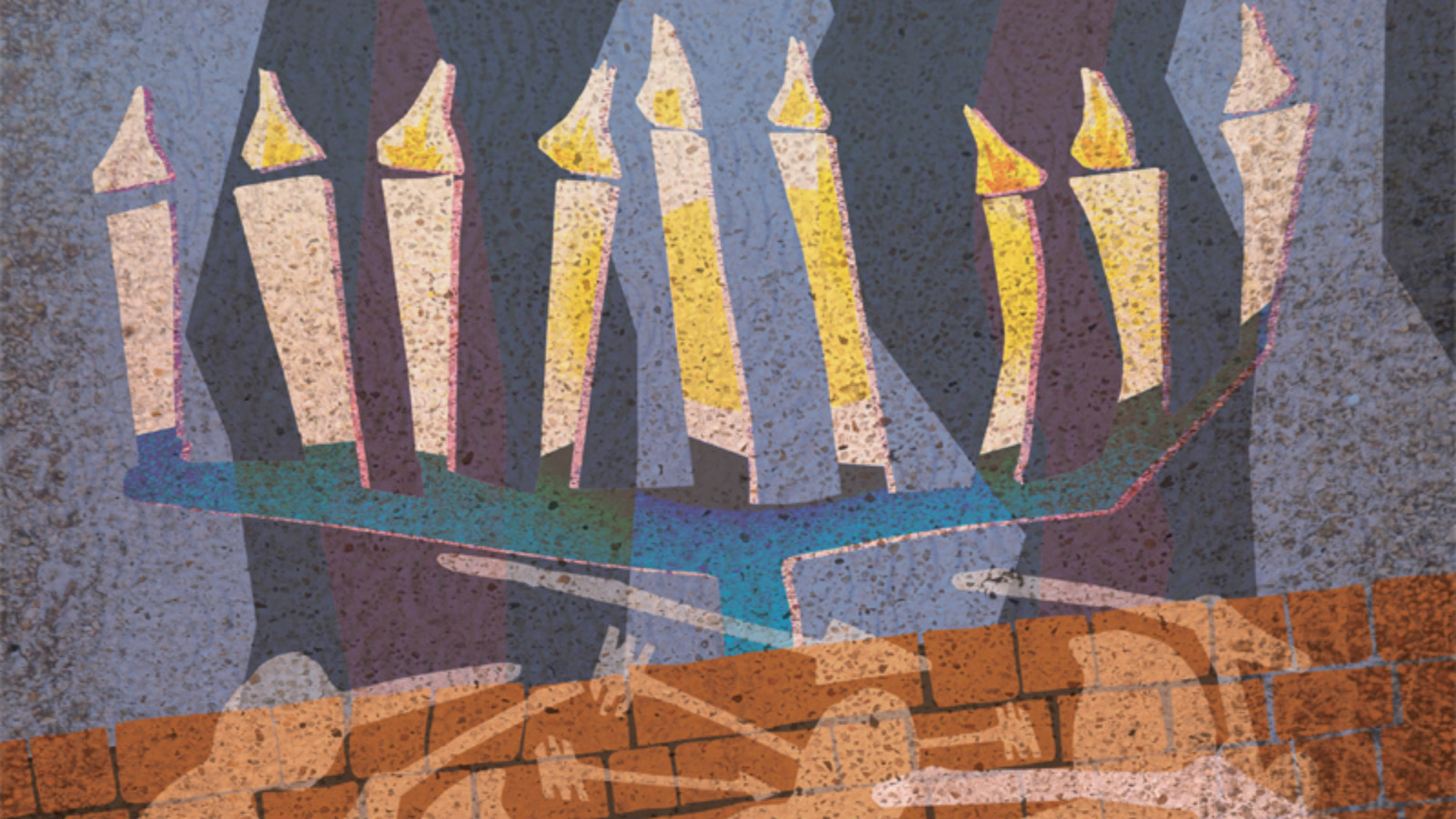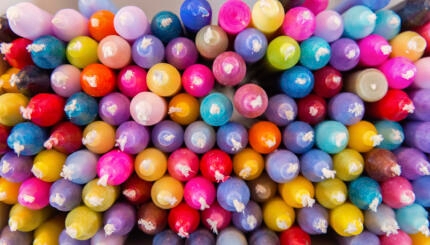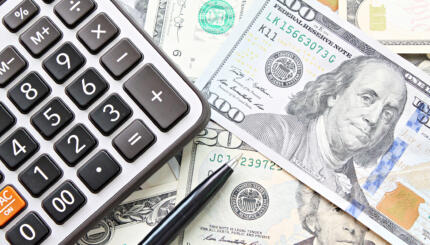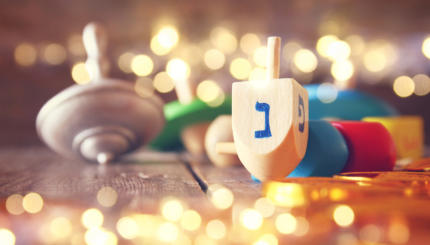Jewish tradition about is not so simple. The books of the Maccabees themselves became an issue. They seem to have been treated as holy books by the Greek-speaking Jews of Alexandria. But the rabbis never regarded them as holy, never entered them among the books that made up the Jewish Bible. And it was the rabbis who determined what became Jewish Tradition.
Ironically enough, these books that celebrated the Maccabees’ victory over Hellenism survived not in Hebrew but only in the Greek language. Greek became one of the common tongues of the eastern Mediterranean, as Hellenism grew stronger over the next few centuries. And it was the most Hellenized Jews who most honored these memorials of resistance to Hellenism.
Indeed, the Maccabean books survived into modern times only because some of these Hellenized Jews became recruits to Christianity, and brought with them the assumption that these Books of the Maccabees were holy writings. The Christian Church then included Maccabees among its version of what it called the “Old Testament.” They were among the books, available in Greek rather than Hebrew, that the early Church father Jerome called “the Apocrypha.” But they held no honored standing among those Jews who continued being Jewish.
For the classic Jewish view of the origins of Hanukkah, therefore, we must turn to the Talmud. Here we find Hanukkah in a most peculiar position. It is the only one of the traditional festivals that does not have a place in the Mishnah — the earlier level, or layer, of the Talmud. And in the later layer — the Gemara — it is treated in a very off-hand way, without the focused attention that is normal for deciding how to observe a holy day.

Help us keep Jewish knowledge accessible to millions of people around the world.
Your donation to My Jewish Learning fuels endless journeys of Jewish discovery. With your help, My Jewish Learning can continue to provide nonstop opportunities for learning, connection and growth.
The rabbis are discussing what kinds of candles may be used for when one of them asks, rather casually, whether the rules for Hanukkah candles are different. They explore this for a bit, talk about how the candles are to be lit, and then one of them says, as if he cannot quite remember, “What is Hanukkah?” They answer him:
Our rabbis taught: On the twenty-fifth of [begin] the eight days of Hanukkah, on which lamentation for the dead and fasting are forbidden. For when the Greeks entered the Temple, they defiled all the oils in it, and when the Hasmonean dynasty prevailed over them and defeated them, they searched and found only one bottle of oil sealed by the High Priest. It contained only enough for one day’s lighting. Yet a miracle was brought about with it, and they lit [with that oil] for eight days. The following year they were established as a festival, with Hallel [psalms of praise] and Thanksgiving.
Shabbat 21b
And at once the rabbis go back to discussing the candles. They have no more to say about the internal divisions of the Jews, the revolt against Antiochus, the victory of the Maccabees, and the rededication of the Temple. Why this cautious attitude toward Hanukkah?
The reason is that the rabbis were not happy with the Maccabean approach to Jewish life. They were writing in the period when similar revolts against Rome, seeking to win the Jews political independence, to turn Judea into a rocky fortress, and to toughen the Jewish people had been systematically and brutally smashed by the iron fist of Rome. Only the rabbinical kind of power — the power not of rock but water, fluid and soft from moment to moment and yet irresistible over the long run — had survived. Only the rabbinical kind of power had protected and preserved Jewish peoplehood.
Reprinted with permission from Seasons of Our Joy (Beacon Press).
Explore Hanukkah’s history, global traditions, food and more with My Jewish Learning’s “All About Hanukkah” email series. Sign up to take a journey through Hanukkah and go deeper into the Festival of Lights.




